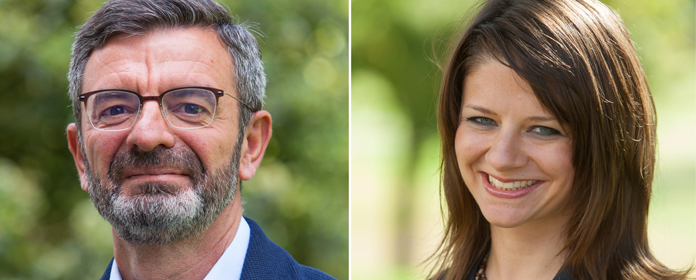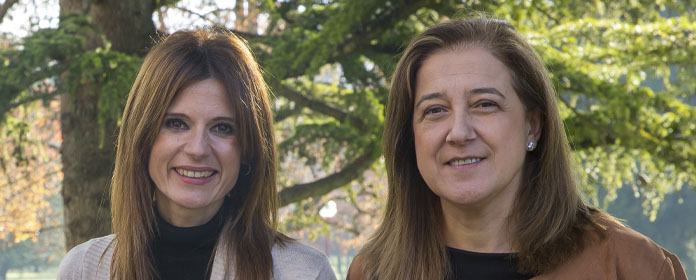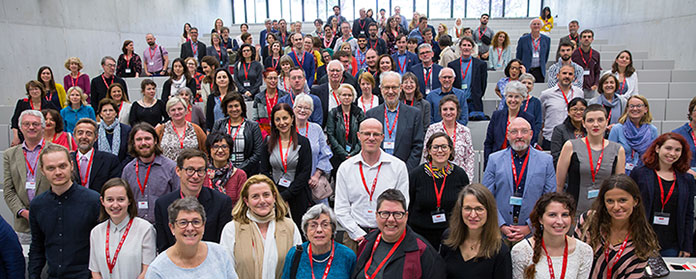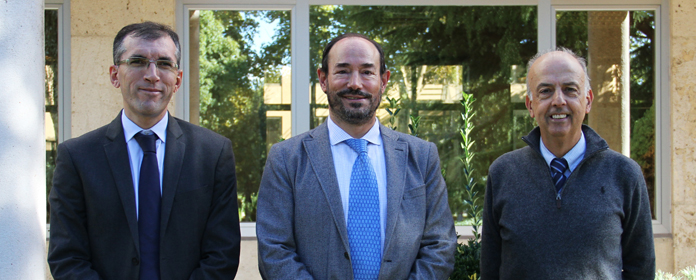European Day of Solidarity between Generations: tackling the pandemic without neglecting elderly people or children
Mariano Crespo highlights the importance of trust in social cohesion
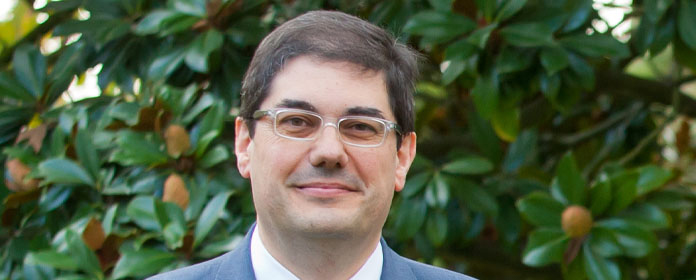
FOTO: Manuel Castells
Dr. Mariano Crespo is a philosopher and researcher with the Emotional Culture and Identity project at the ICS. Most of his work addresses ethical questions and the theory of knowledge from a phenomenological point of view. He has also contributed recently to a line of research at the ICS on the moral dimension of social bonds and how they shape personal and collective identity.
On this year’s European Day of Solidarity between Generations, marked by the Covid-19 pandemic, he has been reflecting on such ideas as gratitude towards the generations that have gone before us, responsibility towards young people in our society, and how trust is the cornerstone of social systems.
The lives of elderly people, people active in the workforce and children have been affected by the coronavirus pandemic, albeit in different ways. To what extent is solidarity between generations key to dealing with this crisis?
We may often wonder these days what we can learn from the pandemic and the related circumstances (confinement, restrictions, etc.). This is a healthy exercise in personal reflection and entails, I’d go so far as to say, an examination of conscience. In this respect, I think we need to move beyond a polarized approach to the matter. Human beings are not isolated individuals; we live in a context where the past and the future play key roles. On the one hand, we are who we are thanks to the efforts of the generations that have preceded us and,on the other hand, we have an important responsibility in relation to younger generations.
Someone said recently that the moral quality of society can be measured by how we treat elderly people and children. I believe this is true. Our parents and grandparents’ generations did not have it easy. It is clear, too that our children are not going to have it especially easy either. We cannot behave as though nothing came before us or that nothing will come after us.
The crisis has at times been framed in terms of winners and losers: save the elderly or save those of working age. What is wrong with that approach?
This type of approach is an example of the kind of polarization I was talking about. Framing a situation as though there are only two options which we must choose between is simplistic: reality is much more complex. Of course, there are actions that are always bad in themselves (just as there are others that are inherently good), but circumstances also play a significant role in the moral assessment of actions. I put no faith in the Manichean outlook, in which for some to win others must lose. I am sure that healthcare professionals, to whom we owe so much in the current situation, do all in their power to help their patients, going above and beyond the simplistic either/or choice. Productivity and efficiency are important, but they are not the most important values.
Individualism is a defining feature of our societies. How can individuals put their self-interest to one side (re-open my business, go running with my children, travel, etc.) and prioritize the common good (avoid the collapse of the healthcare system, prevent deaths, etc.)?
That’s not an easy question to answer. On the one hand, it means overcoming the kind of polarization I referred to already, as well as being aware that we are who we are in a particular social context shaped in particular ways by those who came before us and those who will come after us. Therefore, we can overlook neither one nor the other. On the other hand, when I am asked a question like this, I am reminded of an older version of it: “I see and approve the better things but I follow the worse” (Ovid). In more modern terms, and in relation to our current situation, we must understand that the common good is much more than the sum of individual goods, that our individual actions have social repercussions, that staying at home benefits society as a whole, etc. However, theoretical understanding is not enough. Our hearts and feelings must be shaped by reason.
A key value to bind the generations and society as a whole together is trust. Why is it even more important in times of crisis like this?
Trust is the foundation of various social systems: the members of society may act in view of certain future behaviors they expect from other members of their social system. Trust is sometimes described as the "cement" that holds society together or as a "basic fact of social life". In this sense, life in a society dominated by absolute mistrust is practically unthinkable. As Luhmann has pointed out, such a complete lack of trust would prevent people from even getting up in the morning. However, trust not only illustrates sociality (the relationship between oneself and others), but also highlights the importance of relationality in building personal identity. To the extent that we bond with others through trust we are vulnerable to the risk that our trust might be betrayed. But the individual that accepts this risk, links him- or herself to others through trust, and opens up the possibility of social existence. By contrast, anyone who is always suspicious of others, who worries constantly that he or she will be betrayed, and who therefore does not accept the vulnerability involved in trusting others, turns in on him-or herself, and self-isolates from the social world. This is a particularly significant consideration in the current crisis.

